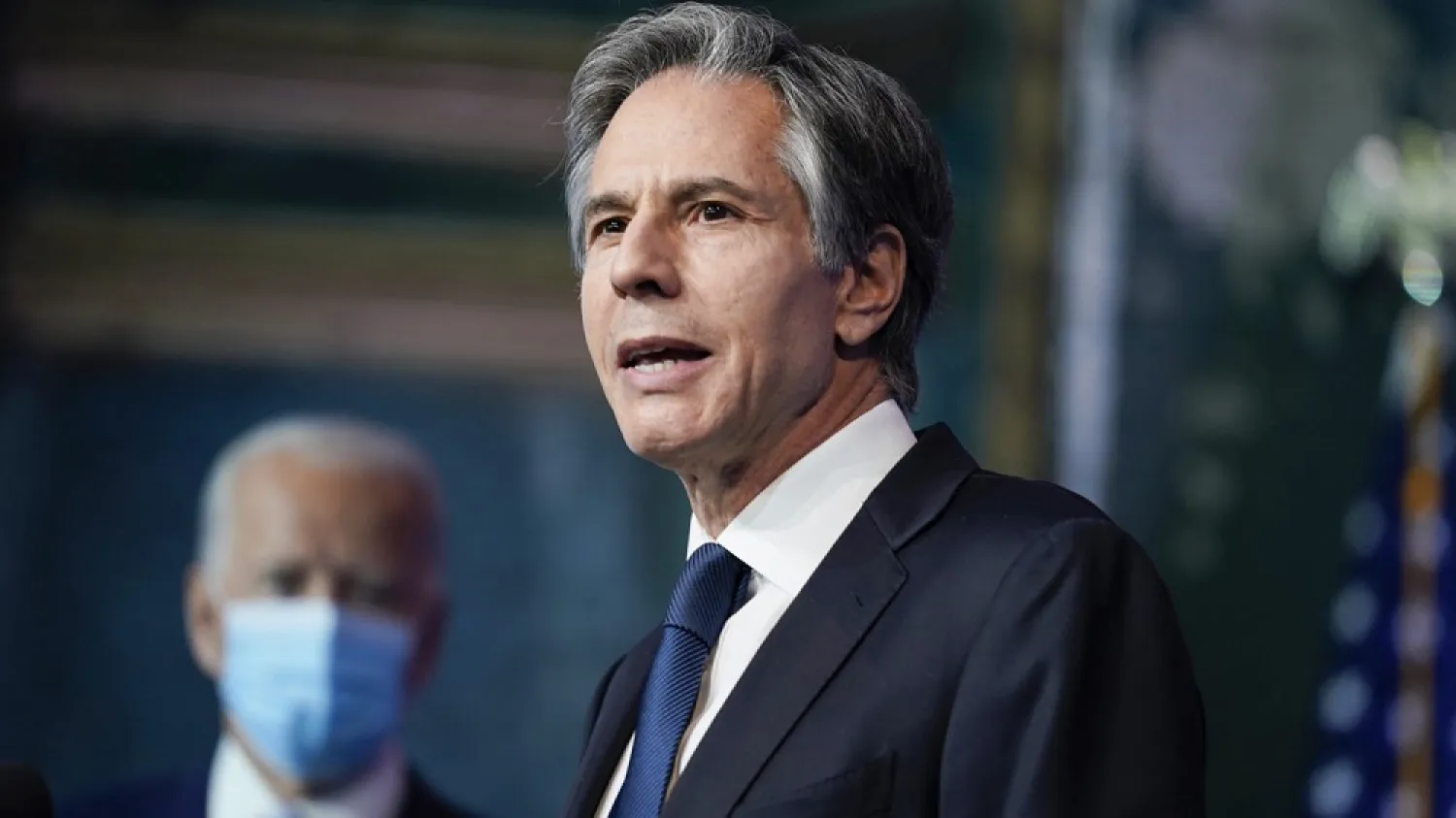US Secretary of State Antony Blinken will discuss Iran and other issues including Russia, China and Myanmar in a Friday online meeting with his British, French and German counterparts, a US official said.
The high-level conversation would be the latest step by new US President Joe Biden’s administration to seek a way to revive the 2015 nuclear deal that Iran signed with world powers but was abandoned in 2018 by then-US President Donald Trump.
Reuters had reported on Thursday that Blinken could hold the meeting on Friday.
“The Secretary will have an opportunity to discuss with some of his closest counterparts a number of shared challenges, including COVID, Iran, Russia, China, Burma, and climate,” the US official said.
The nuclear deal limited Iran’s uranium enrichment activity to make it harder for it to develop nuclear weapons - an ambition Iran has long denied having - in return for the easing of US and other sanctions.
In abandoning the deal approved by his predecessor Barack Obama, Trump restored the US sanctions which the pact had removed, and then piled more on Iran.
A source familiar with the matter said Friday’s virtual meeting was unlikely to delve into great detail on Iran as it was only one topic on the agenda and was a first chance for the ministers to discuss the issues.
“It’s mainly to reaffirm the transatlantic partnership and to start talking substantively about a series of issues,” said the source, who spoke on condition of anonymity.
In another sign the Biden administration is digging into its options on Iran and other matters, the National Security Council will convene a meeting on several issues on Friday, to be attended by top US officials but not Biden himself.
“The meeting today is part of an ongoing policy review. It is not decisional,” White House spokeswoman Jen Psaki said on Twitter.
Biden, who took office last month, has said that if Tehran returned to strict compliance with the 2015 nuclear pact, Washington would follow suit and use that as a springboard to a broader agreement that might restrict Iran’s missile development and regional activities.
Tehran has insisted that Washington ease sanctions before it resumed compliance, and ruled out negotiations on wider security issues. But Foreign Minister Mohammad Javad Zarif hinted on Monday at a way to resolve the impasse over who goes first by saying the steps could be synchronized.









